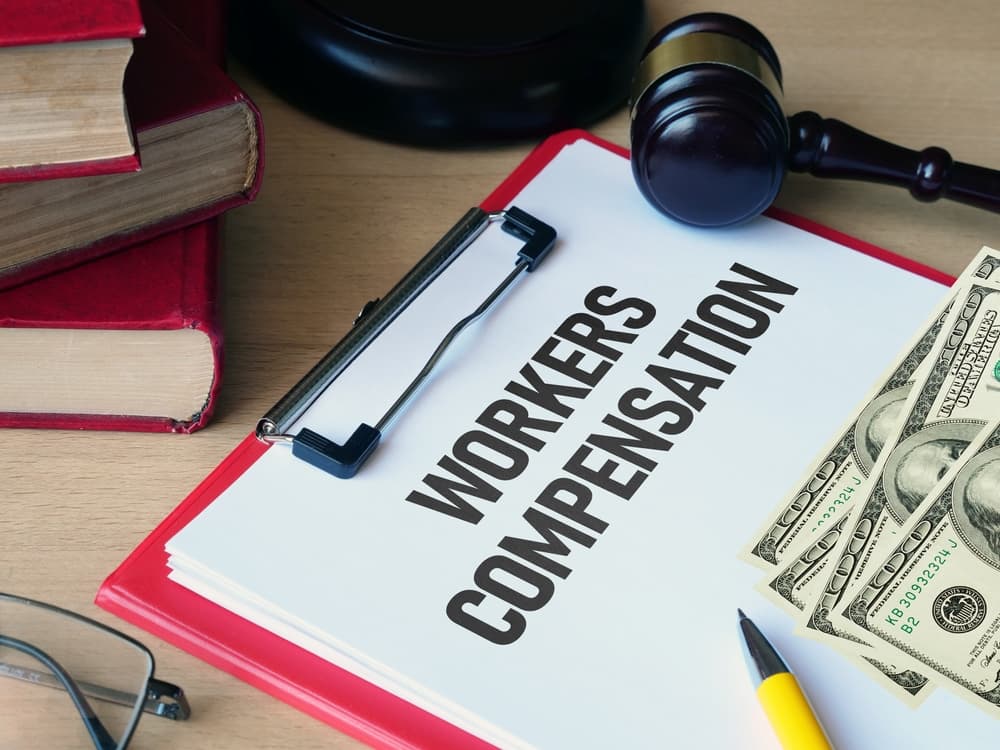Workers' compensation claims follow a frustratingly slow process, especially when bills pile up and work remains impossible. The exact length of time depends on several factors, but delays often indicate issues that need immediate attention. While some claims move quickly, others drag on due to disputes, missing paperwork, or intentional stalling by insurance companies. If your case takes longer than expected, an Abington, PA workers' comp attorney can step in to get things moving.
How Long Should Your Claim Take?

Some claims are settled in weeks, while others take months or even years. In most cases, the initial filing stage moves quickly, with many states requiring an employer to report an injury within days. From there, an insurance company usually has a set period to accept or deny the claim. When approvals happen without complications, benefits often begin within a few weeks. However, many cases hit roadblocks that extend the timeline.
What Affects the Timeline of a Workers’ Comp Claim?
Several factors influence how long it takes to receive benefits. The severity of the injury plays a major role. Minor injuries with clear medical records tend to resolve faster than serious conditions requiring long-term treatment. Disputes over the cause of an injury also add significant delays. If an employer or insurer questions whether the injury happened at work, they may launch an investigation that drags out the process.
State laws also determine timeframes. Some states give insurers strict deadlines for making decisions, while others allow more flexibility. Appeals and hearings introduce further complications. The appeals process can take months if an insurance company denies a claim. The more complex the case, the longer it usually lasts. However, involving a workers’ comp lawyer early can often prevent unnecessary delays.
Why Do Some Claims Take Longer Than Others?

Insurance companies don’t always process claims fairly or efficiently. Some drag their feet, hoping a worker will give up on benefits. They might claim that medical records are incomplete or request additional documentation just to stall. In other cases, employers fail to report injuries on time or dispute the claim altogether. These tactics add unnecessary delays, forcing injured employees to wait far longer than necessary.
Medical evaluations also influence timelines. Some injuries require independent medical exams, which insurers use to determine eligibility for benefits. If an insurance company disagrees with a worker’s doctor, they may demand multiple opinions, slowing everything down. A workers’ comp attorney can challenge these tactics and push for fair treatment.
What Happens if an Insurance Company Delays a Decision?
Insurance companies must follow state deadlines for processing claims, but some still try to extend the process. When they delay a decision, injured workers often struggle financially. Medical bills, lost income, and everyday expenses create stress, making waiting unbearable. Some states impose penalties on insurers that take too long, but that doesn’t always stop them from using stalling tactics.
If an insurance company drags out the process, an attorney can hold them accountable. Legal action sometimes forces insurers to move faster, especially if there’s clear evidence of unnecessary delays. A workers’ comp lawyer can demand answers, challenge unfair denials, and take legal steps to speed up a claim.
What If a Claim Gets Denied?
Denials are common in workers’ comp cases. Some insurance companies reject claims to avoid paying benefits, hoping injured employees won’t fight back. Others deny claims based on technicalities, such as missing paperwork or minor inconsistencies in medical records. Appeals take time but offer a second chance at securing benefits.
If an insurance company denies a claim, an appeal becomes necessary. Some states require mediation or hearings before a final decision. A workers’ comp attorney can present evidence, challenge unfair denials, and fight for the benefits a worker deserves. Appeals add time to the process, but with legal representation, many injured employees eventually win their cases.
Can a Settlement Speed Up the Process?
Some injured workers consider settlements to avoid long waits. A settlement provides a lump sum payment instead of ongoing benefits. While it offers immediate financial relief, it also means giving up future compensation. Insurance companies sometimes push for settlements to cut costs, but their initial offers are often far lower than what a worker deserves.
A workers’ comp lawyer can evaluate whether a settlement makes sense. If an insurer’s offer falls short, an attorney can negotiate for a better deal. Settling too soon can leave an injured worker without enough money to cover medical bills or lost earnings. Weighing the long-term impact of a settlement is crucial before making a decision.
What If an Employer Interferes With a Claim?

Some employers don’t cooperate with the workers’ comp process. They might refuse to report an injury, discourage employees from filing claims, or pressure workers into returning to work too soon. These actions violate workers’ rights and can lead to serious consequences.
If an employer interferes with a claim, an attorney can step in. Workers shouldn’t have to fight both their employer and the insurance company just to receive benefits. A lawyer can hold employers accountable, file complaints if necessary, and ensure injured employees get the treatment they need.
How Long Do Workers’ Comp Appeals Take?
The length depends on the reason for the denial, the state’s legal process, and the evidence available. Some appeals resolve quickly if a clear mistake caused the denial. Others require hearings or additional medical evaluations, which extend the timeline.
A workers’ comp lawyer can handle appeals efficiently, gathering the right evidence and presenting a strong case. The sooner an attorney gets involved, the faster the appeal process typically moves. Legal representation can prevent unnecessary delays and improve the chances of a successful outcome.
Why You Shouldn’t Wait to Get Legal Help
A workers’ comp lawyer can take action at any stage of a claim. Whether an insurance company is stalling, denying benefits, or offering an unfair settlement, an attorney can fight for a fair outcome. A skilled, experienced lawyer is waiting to provide you with a case review.